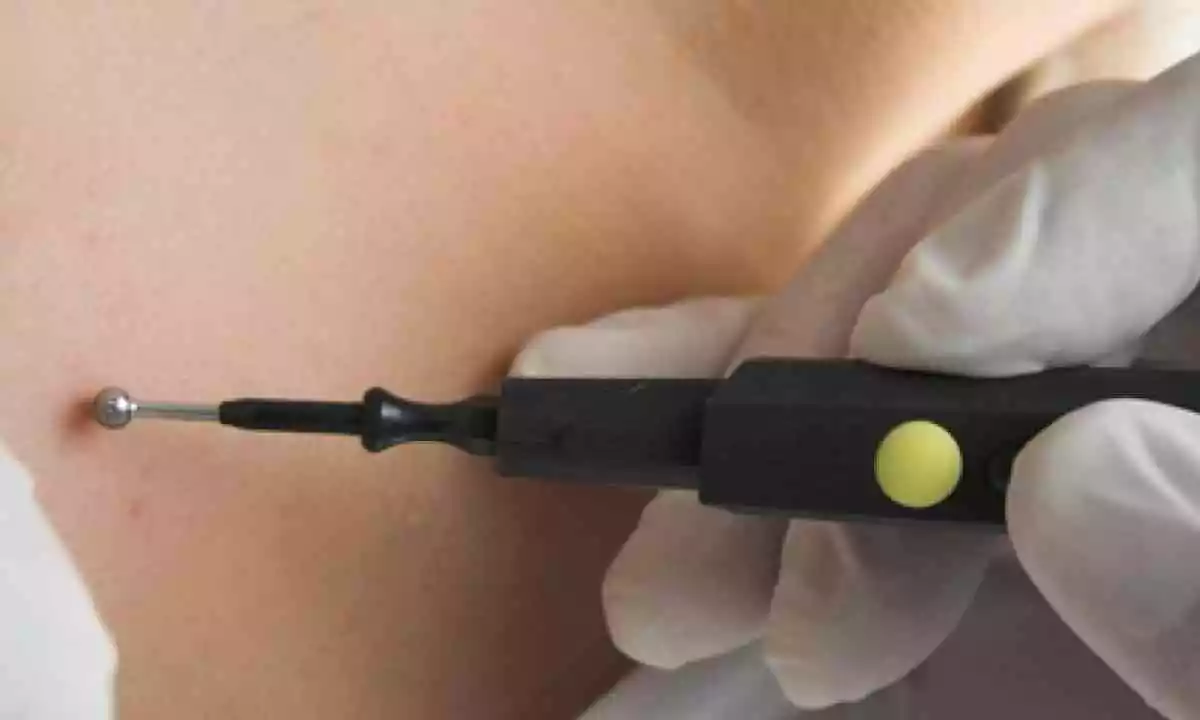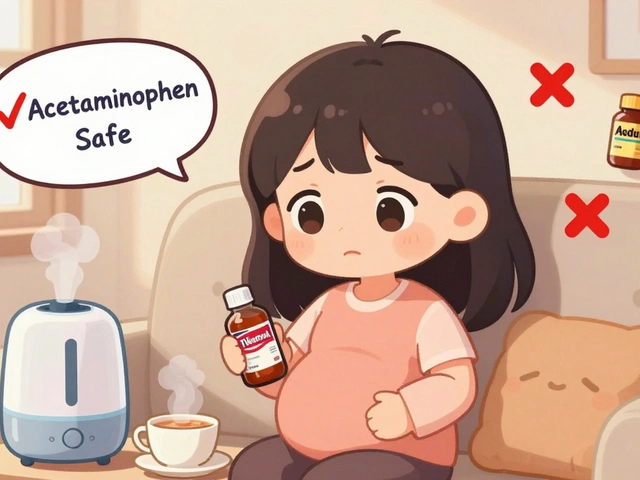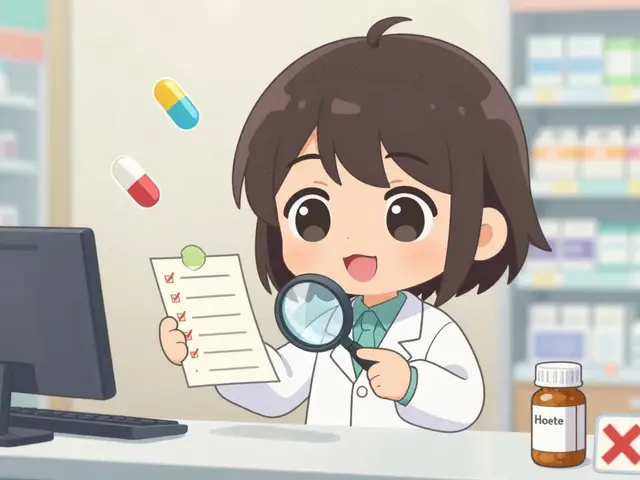Understanding Warts and Their Causes
Before diving into the main question of whether warts can be completely cured or not, let's first understand what warts are and what causes them. Warts are small, rough-textured skin growths that can appear on any part of the body. They are caused by the human papillomavirus (HPV), which is a group of more than 100 different viruses.
When the virus comes into contact with our skin, it can cause an infection, leading to the growth of a wart. Warts are contagious and can be spread through direct skin-to-skin contact or indirectly through shared objects like towels or shoes. It is important to note that not everyone who comes into contact with the virus will develop warts, as our immune system plays a crucial role in fighting off the infection.
Common Treatments for Warts
There are several treatment options available for warts, ranging from over-the-counter medications to in-office procedures. Some of the most common treatments include:
- Salicylic acid: This topical treatment is applied directly onto the wart and works by dissolving the outer layer of the wart, eventually causing it to fall off.
- Cryotherapy: This involves freezing the wart with liquid nitrogen, causing the wart to die and eventually fall off.
- Electrosurgery: A high-frequency electrical current is used to burn off the wart.
- Laser therapy: A laser is used to destroy the wart tissue.
- Immunotherapy: This treatment involves stimulating the body's immune system to attack and destroy the wart.
The Reality of Wart Recurrence
Now, let's address the main question: Can warts be cured completely? The truth is that while treatments can successfully remove warts from the skin, they do not guarantee that warts will not recur in the future. This is because the treatments target the wart itself, not the underlying HPV infection that caused the wart to form in the first place.
Since the HPV virus can remain in the body even after the wart has been removed, there is always a chance that the virus can become active again and cause new warts to form. The probability of recurrence varies from person to person and depends on factors such as the individual's immune system and the specific type of HPV involved.
Reducing the Risk of Wart Recurrence
While there is no foolproof way to prevent warts from recurring, there are several measures you can take to reduce the risk. Some tips include:
- Maintaining a healthy immune system through a balanced diet, regular exercise, and adequate sleep.
- Avoiding direct skin-to-skin contact with someone who has warts.
- Not sharing personal items like towels, shoes, or razors with someone who has warts.
- Keeping your skin clean and dry, as moist environments can encourage the growth of warts.
- Wearing protective footwear in public places like swimming pools and gyms to minimize the risk of contracting HPV.
Managing Recurrent Warts
If you do experience recurrent warts, it can be frustrating and disheartening. However, there are steps you can take to manage the situation. First, consult with a healthcare professional for an accurate diagnosis and to discuss the most appropriate treatment options for your specific case.
Keep in mind that it may take multiple treatments to successfully remove a wart, and you may need to try different treatment methods to find the one that works best for you. Be patient and persistent in your efforts to eliminate the wart, and remember to follow the tips mentioned earlier to reduce the risk of recurrence.
Conclusion: The Truth About Wart Recurrence
In conclusion, while treatments can successfully remove warts from the skin, they do not guarantee complete cure or prevention of recurrence. The underlying HPV infection can still be present in the body, which means that new warts can form at any time. By taking steps to reduce the risk of recurrence and working closely with a healthcare professional to manage any recurrent warts, you can improve your chances of keeping your skin wart-free in the long run.



